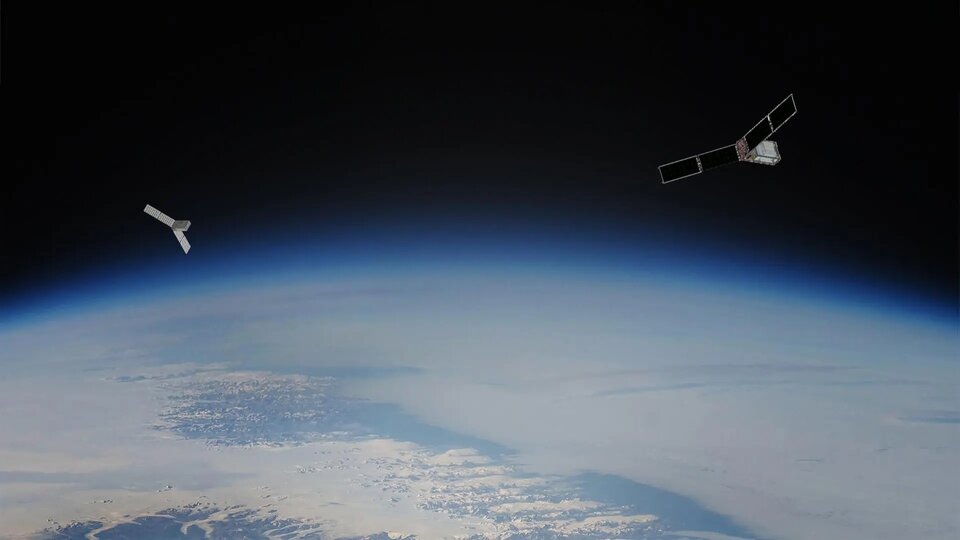Un pequeño satélite de la NASA destinado a medir por primera vez en detalle la pérdida de calor despegó hacia el espacio a través de los polos de la Tierra desde Nueva Zelanda.
Denominada PREFIRE, la misión debería permitir mejorar las previsiones de los científicos relacionadas con el cambio climático.
"Esta nueva información, que nunca habíamos tenido en el pasado, nos ayudará a modelar lo que está sucediendo en los polos y en el clima", dijo en rueda de prensa a mediados de mayo Karen St. Germain, directora de investigaciones científicas relacionadas con la Tierra de la NASA.
El satélite, del tamaño de una caja de zapatos, fue lanzado por un cohete Electron de la empresa Rocket Lab desde Mahia, en el norte de Nueva Zelanda. La misma compañía lanzará más adelante un satélite similar.
Ambos se utilizarán para realizar mediciones en el infrarrojo lejano sobre el Ártico y la Antártida, para cuantificar directamente por primera vez el calor liberado al espacio.
Este fenómeno es "crucial porque ayuda a equilibrar el exceso de calor recibido de las regiones tropicales y a regular la temperatura de la Tierra", explicó Tristan L'Ecuyer, director científico de la misión en la Universidad de Wisconsin en Madison.
"El proceso que lleva el calor de los trópicos a los polos es lo que está en el origen de nuestra meteorología", agregó.
Los objetivos de PREFIRE

Gracias a PREFIRE, la NASA aspira a comprender cómo las nubes, la humedad o incluso la transformación de una superficie congelada en líquido influyen en esta pérdida de calor. Hasta ahora, los modelos utilizados por los científicos para anticipar el calentamiento global se basan, respecto a este parámetro, sólo en teorías y no en observaciones reales, explicó Tristan L'Ecuyer.
"Esperamos mejorar nuestra capacidad para simular el aumento del nivel del mar en el futuro, así como la manera en que el cambio climático en los polos afectará a los sistemas meteorológicos del planeta", detalló.
Este satélite se suma a más de una veintena de misiones de la NASA encargadas de observar la Tierra, ya en órbita.
Los satélites pequeños, denominados Cubesat, representan una oportunidad real para responder a preguntas "muy específicas" "a menor coste", explicó Karen St. Germain.
Si los grandes satélites más tradicionales pueden considerarse "generalistas", estos pequeños aparatos son comparables a los "especialistas", subrayó. "La NASA los necesita a ambos".
Fuente:
Página 12






